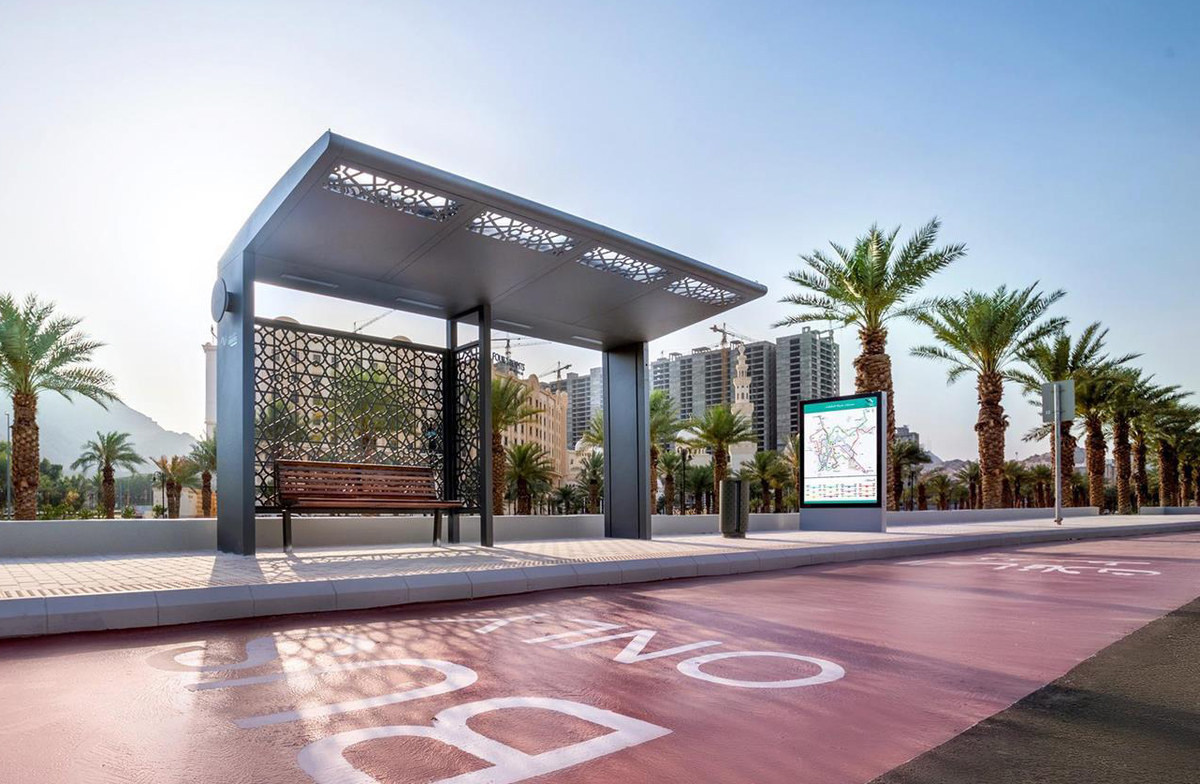RIYADH: Saudi culture has always been rooted in poetry, from the compilation “Mu’allaqat” to the romantic odes of the ghazal.
The country has been making significant strides in recognizing this heritage, most notably by dedicating 2023 as the “Year of Arabic Poetry,” and it now seems to have attracted international interest.
TaleFlick, a leading platform for curating stories from around the world, has announced its latest initiative aimed at welcoming poems from the Kingdom in a bid to showcase the country’s rich and significant cultural tapestry, ultimately bridging between Saudi literature and Hollywood.
Uri Singer, Hollywood producer and CEO of TaleFlick, told Arab News: “We are accepting poems from around the world, but we have our emphasis to start with Saudi because it’s raw. Nobody tapped into it from Hollywood. As a producer, (intellectual property) is king.
“I think our job and our destiny is to bring good stories that can come from any idea around the world … There’s some very great potential and huge investment that opens the door for local stories, so I think poems (are) the right IP to look for in stories from Saudi (Arabia).”
While the platform opened its doors to Arabic content last year, its expansion from novels, short stories, and scripts to include poetry aims “to honor and elevate this beautiful art form, providing a platform to transform these stories into powerful visual narratives” a statement read.
The submitted poems will be meticulously curated and showcased to a network of worldwide studios and producers, offering unprecedented exposure and opportunities for these poetic works to be adapted into films, TV series, and other forms of visual storytelling.
For the time being, the poetry submissions are free of charge and not constrained by the platform’s membership subscriptions, which range from basic $99, standard $199 or premium $499.
On his multiple visits to Saudi Arabia for the Red Sea International Film Festival, Singer, known for producing the critically acclaimed “White Noise” (2022), was introduced to various cultural elements. “Almost everybody I met writes poetry from every level of society. This I’ve never seen anywhere,” he told Arab News enthusiastically.
“I heard that most people in Saudi, young people, are using poems to communicate,” he said. “For us here, this is unreal. And there are movies that were made from poems; “The Raven,” “The Postman,” and “Mulan” even was based on a Chinese poem, but none here in Hollywood, or in English, are from Arab poets.”
He even found that the UAE’s “Million’s Poet” was a popular reality TV show in the region but noted that the format may be uninteresting to Western audiences. However, in TaleFlick’s next steps, a select number of poets from its online submissions will get an opportunity to take part in their upcoming reality series “House of Poetry.”
Singer imagines the show in a “Big Brother” format, where contestants live in two separate spaces, male and female, and are challenged to write their own poetry in various settings featuring guest appearances. However, the details of the show are tentative and currently in the works.
But there is quite a language barrier at play here. Poets are welcome to share their work in its original language, including Arabic, which is then analyzed and translated by other knowledgeable poets and scriptwriters from the TaleFlick network to minimize any misinterpretations.
The reviewers also share their feedback on making the work more internationally adaptable.
Keeping local stories authentic is important, Singer shared, and collaborations between the poet and the project’s development executives are encouraged to maintain the integrity of the acquired IP.
Although, it may become tricky at times with the involvement of a large production studio.
Singer said: “At TaleFlick and at my production company, Passage, we are open to work with the creator. We always give them a stage and give them all the opportunity because the creativity comes from them.
“Normally, they’re very happy that it will become a movie, and if it drifts from the basic idea, then it can be ‘inspired by (their work).’ But of course, we give the poet the platform of voicing his or her thoughts and opinions and help as much as we can because the interest is that their story, their poem, their creation, will get an adaptation.”
The Saudi film industry, for decades, has been carried by grassroots and independent initiatives, but since the re-opening of cinemas in 2018 and the establishment of the Film Commission the year after, the scene has only blossomed.
The country’s landscape has attracted both local creatives and big-budget Hollywood productions, the RSIFF has become a flagship event drawing in mass celebrities in a mere three-year period, and Riyadh has become a hotspot for Hollywood premiers, most recently for “Bad Boys: Ride or Die” starring Will Smith and Martin Lawrence.
“There is a huge new eager (crowd of) cinemagoers and a box office in Saudi Arabia that is the biggest in the Middle East today that didn’t exist five years ago,” Singer said, making this a great opportunity to cater to regional audiences as well.
“I think that this culture, a fundamental pillar in Saudi Arabia, is untapped,” he said, mentioning that even poetry-inspired short films have fetched Oscar nominations in the past. “We just need to find the good, adaptable, interesting stories.”





























